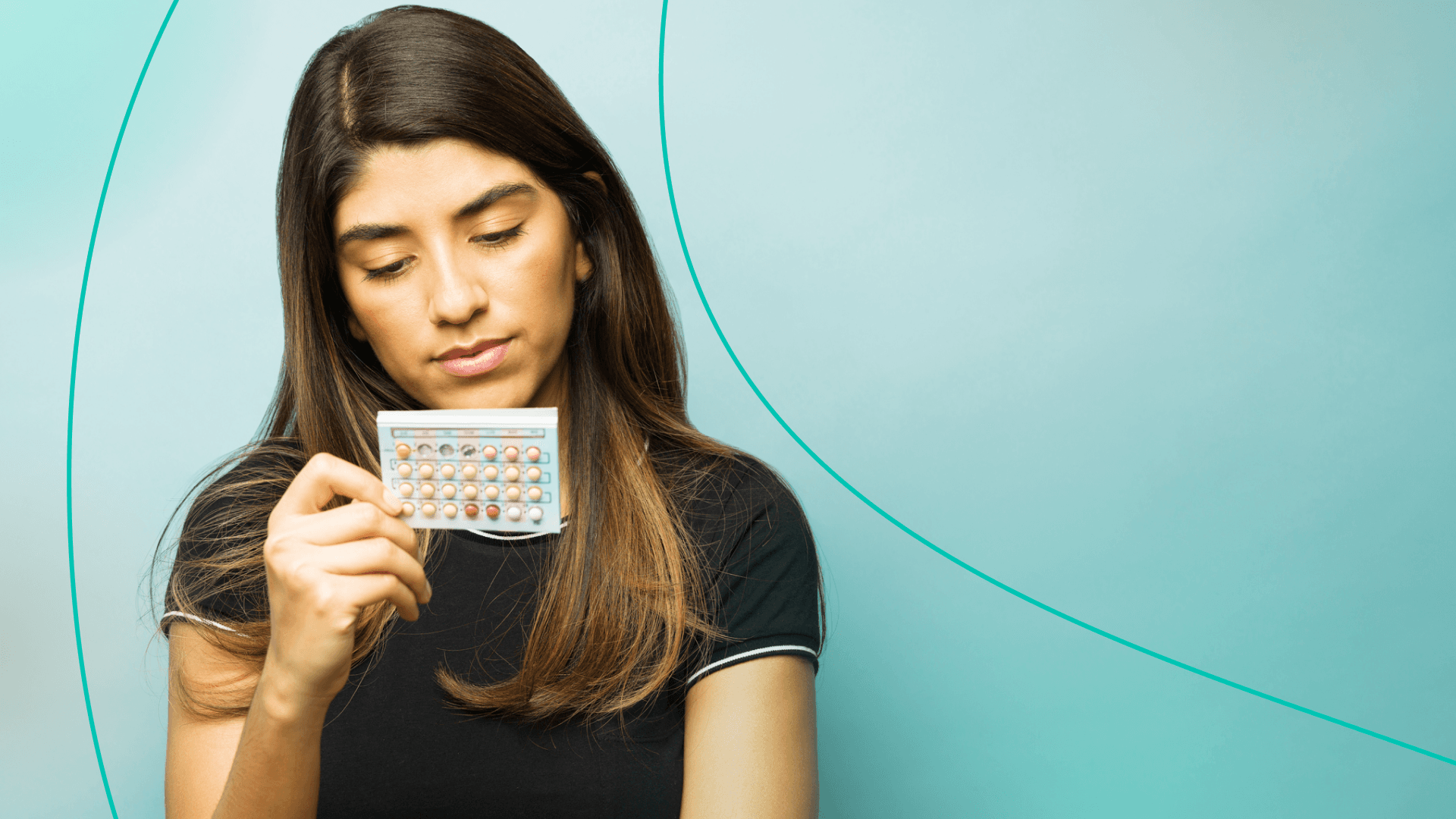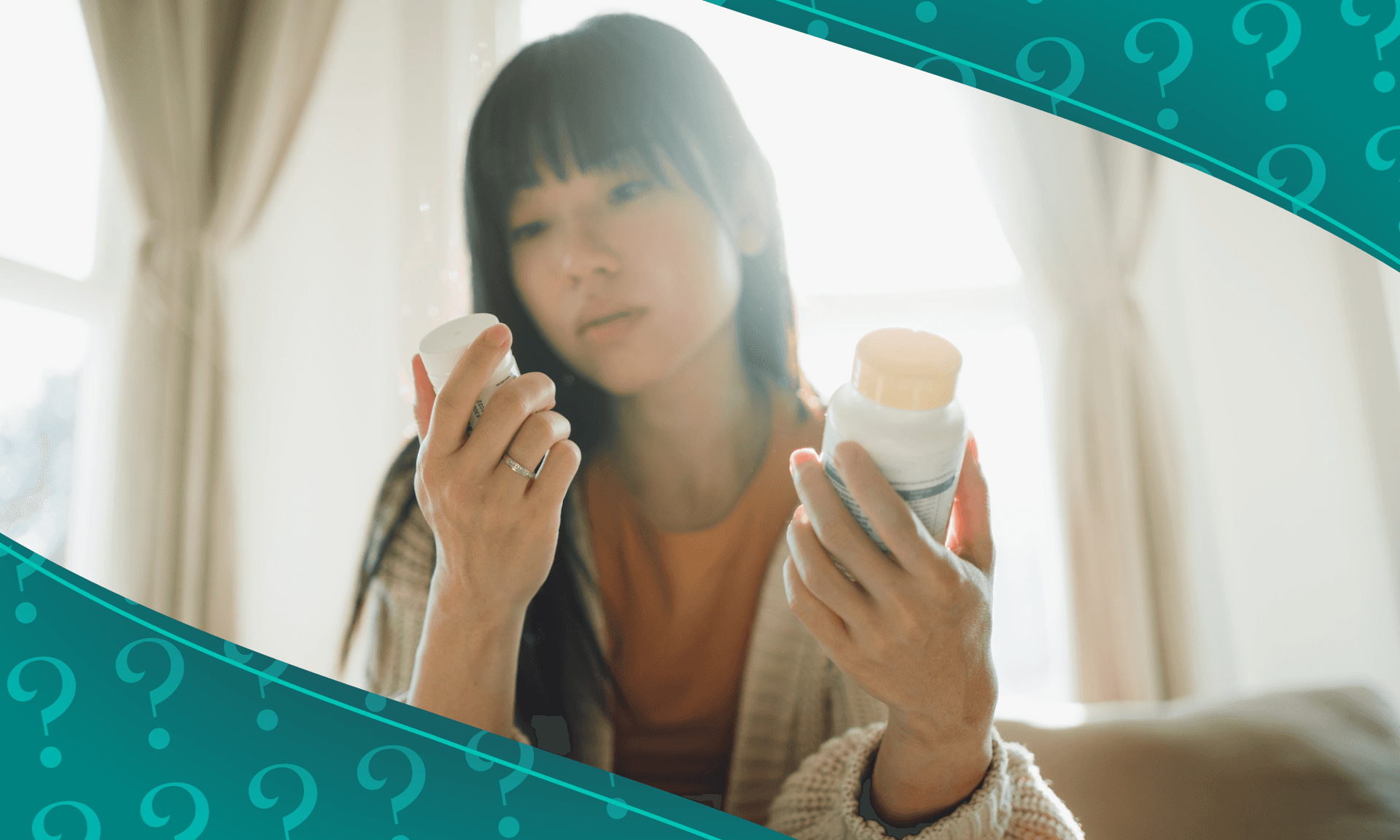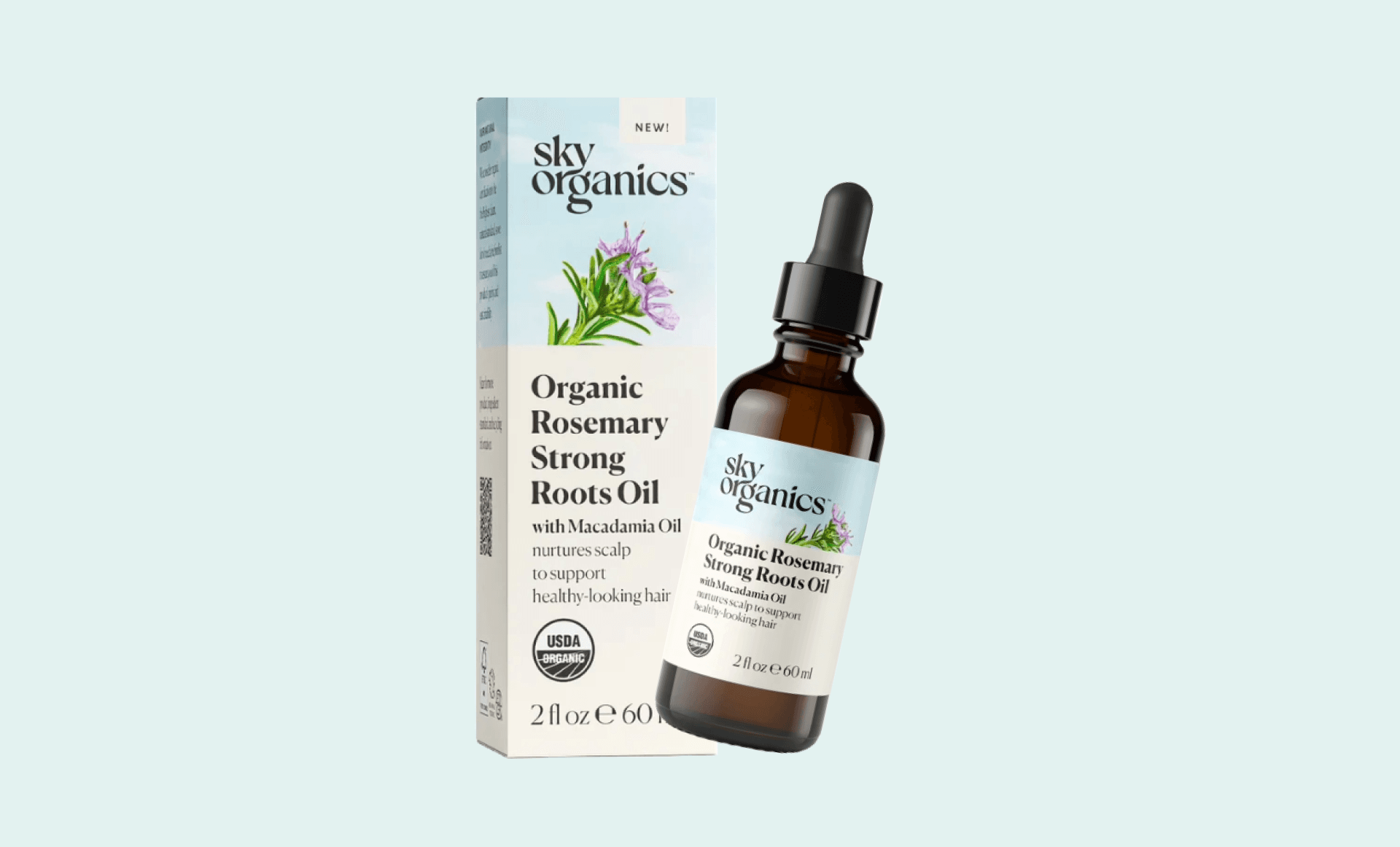we have to talk about…

Why Are So Many Women Questioning Birth Control?
Lately, more women have decided to go off birth control — with no plans to have a kid anytime soon. That includes some Skimm’rs. In a recent IG poll, of those who responded that they weren’t on birth control, 32% said they ditched it within the last year. One respondent admitted it was “fear from things I started hearing, honestly” that solidified her choice. But where does this fear come from, and why the sudden shift — at a time when abortion rights and childcare funding are being stripped?
What’s causing the skepticism?
One factor is the evolving conversation of what’s considered “natural.” One Skimm’r told us she quit “to let my body adjust back to its natural rhythm.” But Lucky Sekhon, MD, a reproductive endocrinologist, infertility specialist, and OB-GYN at RMA of New York, says that “natural rhythm” historically included periods of halted ovulation (i.e. what your birth control causes). “Our ancestors weren't ovulating because they were pregnant, nonstop.”
“A general distrust of the medical establishment,” particularly among women and minority groups, could be another reason, says Sekhon. "People want to feel in control,” she says. Women may reject birth control to push back against how powerless the healthcare system makes them feel.
And then there’s the side effects. Respondents reported a wide range of symptoms, including mood swings (“I was a monster on the pill”), low sex drive, melasma, weight gain, blood clots, headaches, acne, bloating, and even emotional blunting (“It made me feel flat and apathetic”).
Still, plenty of people don’t have any negative side effects or have determined that the pros outweigh the cons. One Skimm’r called birth control “a true lifesaver” and others applauded it for eliminating “crippling cramps” and stopping hormonal migraines. In addition to being 99% effective at preventing pregnancy when taken as directed, the pill can help alleviate heavy or painful periods, fight acne, manage conditions like PCOS, and even lower your risk for some cancers.
Your move
Tune out the noise. Consider muting non-expert creators to avoid misinformation and talk to your doctor about your specific experience or concerns.
Know your options. Different formulations of the pill contain different types or doses of hormones, and each has pros and cons, says Sekhon. There are also many types of birth control — hormonal and otherwise — outside of the pill.
Understand your choice. Whatever form of birth control you use, it’s important to know how effective it is at preventing pregnancy. Make sure you’re comfortable with the potential outcomes.
ask an expert

We asked you to vote on a question you’d like answered. The winner was:
How do you treat ADHD without medication?
FEATURED EXPERT:

Janina Maschke, PhD
Psychologist, ADHD Coach, and founder of ADHD Empowerment
“[ADHD medication can help with] improved focus, attention, and impulse control, [but] some people can’t take ADHD medication or prefer not to take it. Individuals with … heart problems or a history of substance abuse may be advised against stimulant medication. Concerns about side effects, personal preferences, [and] cultural beliefs … may lead someone to alternative treatments.
“Cognitive-behavioral therapy (CBT), ADHD coaching, mindfulness training … educating yourself about ADHD and how your brain works, regular exercise, a balanced diet, and structured routines can help manage symptoms. Therapists or ADHD coaches can teach time management, organizational skills, coping strategies, emotional regulation tools … [to]help with your executive functioning skills.
“[Some form of] ADHD treatment [such as] therapy, coaching or medication is essential, but whatever treatment method you choose is up to [you]. [A] general physician, psychologist, [or] psychiatrist [can help you set up a treatment plan].”
This interview has been edited and condensed for clarity. You can read the full story here.
well, well, well...
Catch up on the latest health news, tips, and trends.
You’ve heard about long COVID. But what about long colds? New research explains why you can’t kick that lingering cough. But does that mean you’re still contagious?
Bedbugs are messing with our heads. Just the potential threat can trigger PTSD symptoms, anxiety, and insomnia. But, there are ways to protect yourself while traveling and at home.
There’s a new heart condition on the block, and as many as 1 in 3 people are at risk. It's called [deep breath] cardiovascular-kidney-metabolic syndrome, and an early diagnosis could save your life.
The road to eating disorder recovery is littered with roadblocks from biases to under-trained healthcare workers. These resources can help get you one step closer to treatment.
Can’t stop comparing yourself to your friends with houses, spouses, or fancy jobs? Here’s how to navigate those feelings of jealousy — even when you’re happy for them.
Forward this to a friend. Click here.
we tried it

Here, senior parenting editor Kamini Ramdeen-Chowdhury tests rosemary hair oil that may help with hair growth.
What we tried: Sky Organics Organic Rosemary Strong Roots Oil
Where you can find it: On the brand’s website, or CVS, Walgreens, and Walmart
What it’ll cost you: $17.99
Our review: I’m 10 months postpartum and in the hair-shedding phase of my new mom era. I was looking for a solution, and decided to give Sky Organics rosemary hair oil a chance. If you’re unfamiliar, some experts say rosemary oil for hair can improve blood circulation, scalp health, and cell turnover. One study even found that it can prevent the hormone DHT from causing hair loss in rats. I was hopeful it was equally effective on us humans.
I used the Rosemary Strong Roots Oil about twice a week for nearly three weeks, and applied it before showering to dry hair. I applied three drops (a little goes a long way) directly to my scalp in a handful of different spots around my head, then massaged the oil into my roots. I left it in for one hour, before washing it out with shampoo, as directed.
I feel like my hair is getting stronger, and I notice more growth along my hairline. My scalp also feels healthy and moisturized. While I haven’t used it long enough to see its full effects (experts say it could take four to six months), the small, but noticeable decrease in shedding has me hopeful I’m on the track to fuller hair.
quote of the week

"#dissociativeidentitydisorder"
— How people on social media are capturing what it really means to dissociate. It’s more than just “zoning out.”
Photos by iStock, Janina Maschke, Sky Organics
Design by theSkimm
This content is for informational and educational purposes only. It does not constitute a medical opinion, medical advice, or diagnosis or treatment of any particular condition. Always seek the advice of your physician, mental-health professional, or other qualified health provider with any questions you may have regarding a medical condition. Products you buy through our links may earn us a commission.
*PS: This is a sponsored post.
Live Smarter
Sign up for the Daily Skimm email newsletter. Delivered to your inbox every morning and prepares you for your day in minutes.